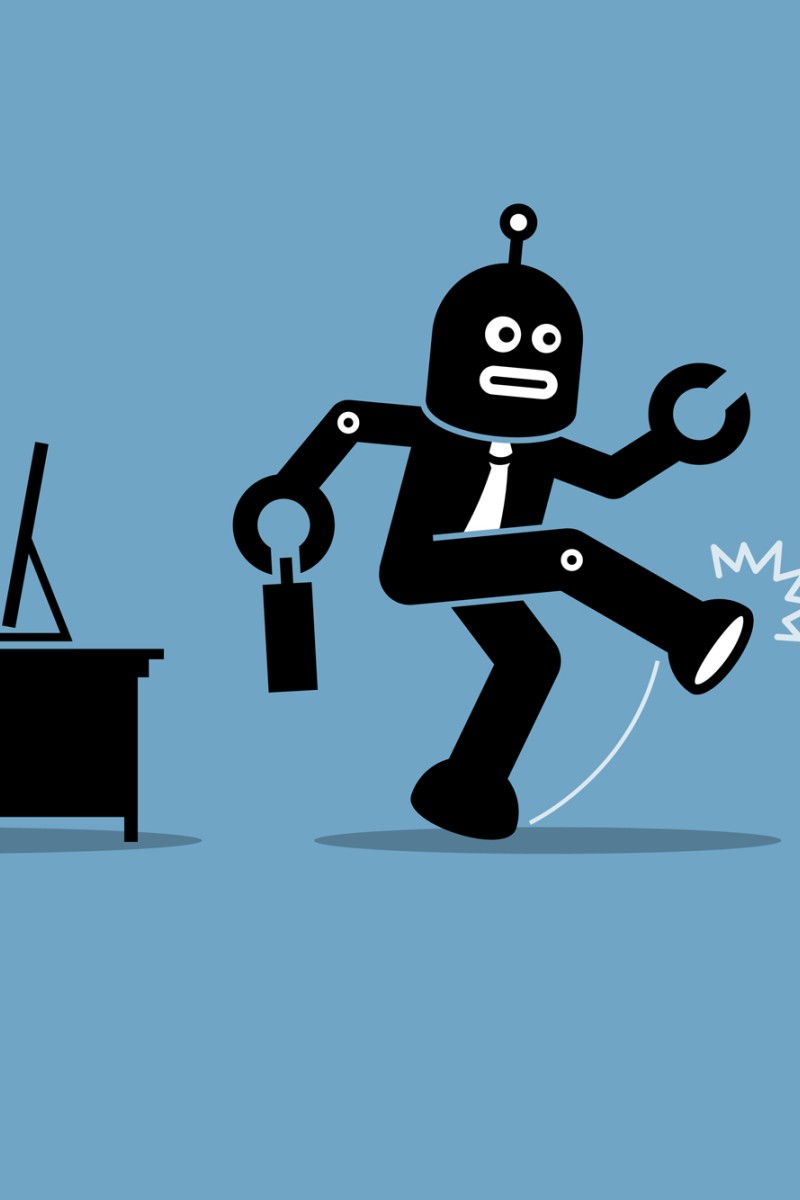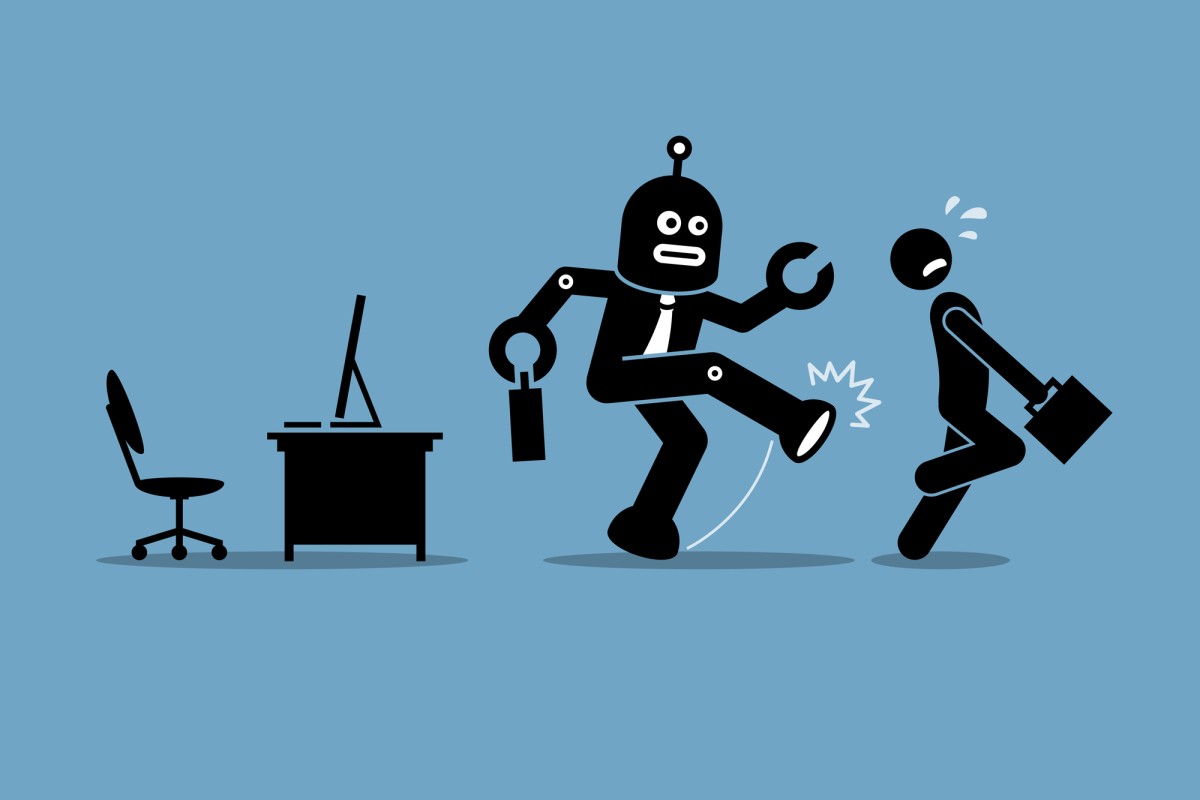
Face Off: in the future, will robots ruin people’s employability?
Each week, two of our readers debate a hot topic in a parliamentary-style debate that doesn’t necessarily reflect their personal viewpoint. This week...

Ross Chan, 17, HKBUAS Wong Kam Fai Secondary and Primary School
Humans have historically relied on “mechanical marvels” to improve efficiency.
The Ford Model T is an early example of how robots have revolutionised today’s production lines. More than 100 years ago, the Ford motor company, in the US, introduced the moving assembly line to make car manufacturing more efficient. People didn’t have to carry parts from one work station to another – a mechanical system moved them down the line, and a Model T was assembled in less than half the time it used to take previously.
Now, with the advent of crowdfunding sites and start-ups, there are teams of engineers looking to build robots that will perform most of the work currently done by humans. This means millions of workers across the world are at risk of losing their jobs. Actually it is already happening, with many factories using robots to do the work humans used to do.
Earlier this year, Google’s computer program AlphaGo defeated Lee Sedol, the world Go champion, by four games to one. Go is one of the most complex games in the world and AlphaGo’s win highlighted the concept of “machine learning” that can beat human skills.
Art has also been thought of as a uniquely human talent, but it has already been replicated by artificial neural networks.
Robots don’t need to sleep, they don’t need to eat, so there’s no loss in productivity. When employers don’t have to worry about compensation or work hours, it certainly looks like robots are a very viable replacement for many types of jobs.
And with robots regularly making headlines about how they have mastered work previously done by humans, why wouldn’t employers replace people with machines?
Snehaa Senthamilselvan Easwari, 17 , Li Po Chun United World College
While automation plays a crucial role in our future – and some jobs will disappear because of it – the future isn’t nearly as gloomy as some believe.
Throughout modern history, there has always been a fear that jobs like customer services or cooking will be replaced by technology. But it hasn’t happened. There’s a lot of talk these days about a bleak future: claims that robots will steal a lot of jobs in the media and academic circles, for example. But technology analyst J.P. Gownder says the revolution in robotics and artificial intelligence (AI) could create new jobs for people.
Humans will find themselves working alongside robots. For example, most of the time, AI is the practice of applying technology to tasks that people either don’t want to do, or may be unable to do, such as deep-sea exploration using submarines.
Robots cannot replace humans or their thinking. What’s more, an article in the British newspaper, The Daily Mail, states that robots excel when they work alongside humans to help us do what we do best: analysing problems and finding solutions. This, in turn, will improve our productivity, making us more efficient and creative.
Without a doubt, certain jobs will be replaced by robots so that employers can take maximum advantage of AI skills. But, as AI becomes more prominent, companies can focus on training employees in fields that robots cannot be used.
At the end of the day, a robot is not meant to operate independently, but work with humans in the areas of discovery, creation and knowledge. Our future is in our own hands; robots should only help us strive for progress.